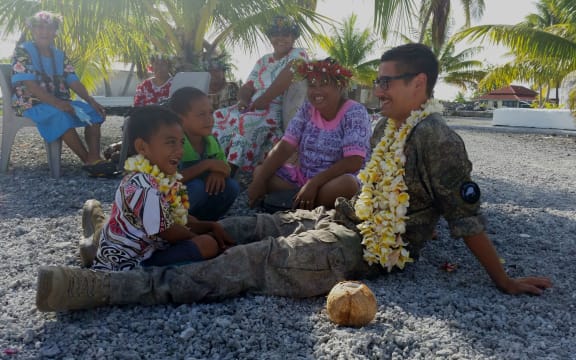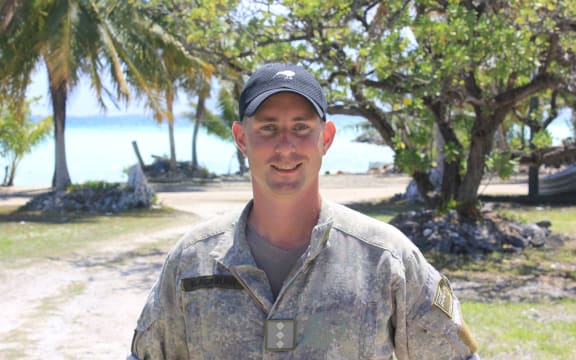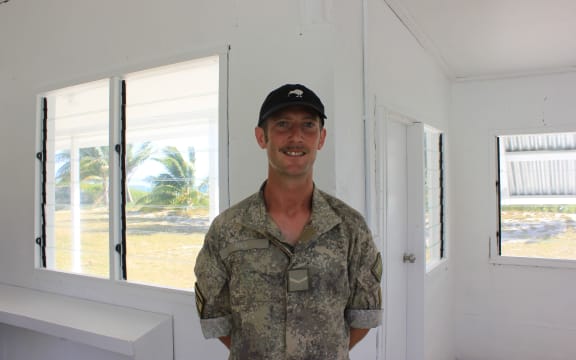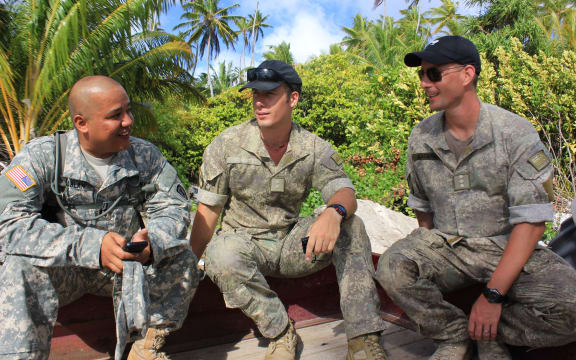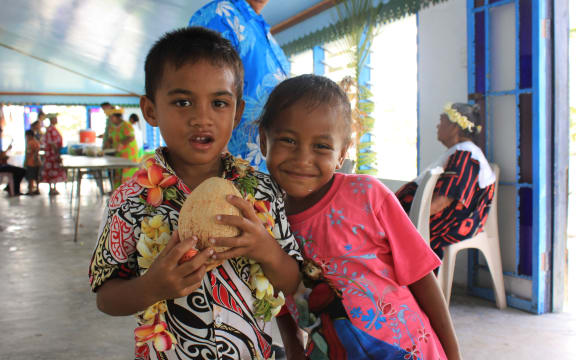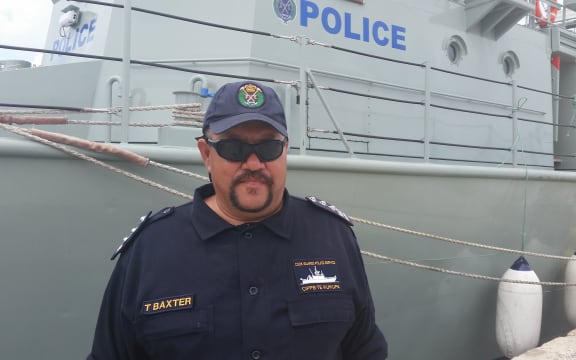A New Zealand-led multinational taskforce has handed over a new fuel depot and refurbished schools, hospitals and community facilities in the remote northern Cook Islands atoll of Penrhyn.
The 60-strong team of military engineers and tradesmen from New Zealand, China, Britain and the United States spent six weeks working on a range of projects on Penrhyn and Manihiki for Exercise Tropic Twilight.
The fuel depot will support the Cook Islands police vessel, Te Kukupa, which conducts long-range maritime patrols against illegal fishing in the vast oceans of the northern Cook Islands.
It replaced the old fuel facility, built in 1992. There were concerns its age and location on the side of the harbour could have led to a potentially devastating oil spill.
The Cook Islands deputy prime minister Teariki Heather said the new depot was badly needed.
"Because of the distance, the isolation of Penrhyn island, but also where most of the illegal fishing happens, for environment issues that we had with the other one previously, but this one is state of the art. So both for environment, and for the illegal fishing that is happening in the northern Cook Islands."
The commanding officer of Te Kukupa, Tepaki Baxter, said the new depot, which could store 80,000 litres of fuel, would allow his team to be on the water for much longer periods of time.
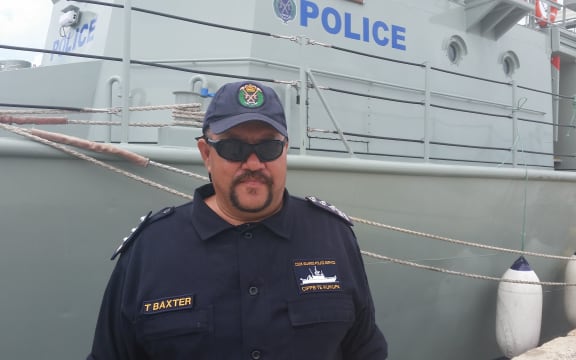
The commanding officer of the Te Kukupa, Tepaki Baxter Photo: RNZI / Mary Baines
The boat patrols the Cook Islands exclusive economic zone, which is 1.8 million square kilometres.
Mr Baxter said its primary role was to stop illegal fishing, but it was also involved in disaster relief, search and rescue, and medical evaluations in the outer islands.
"We are going to double our patrol time out here. Because in the past we just come here once. Take on fuel, and then we go back to Raro. We've got 80,000 litres here - like I say, double the limit, we can go patrol, come back, go out again, and come back, take fuel to come back. More time at sea to do the job."
As part of the Tropic Twilight exercise, schools, a hospital, a clinic and other community facilities were refurbished.
That included plumbing work, fixing electrical hazards and ensuring the buildings are cyclone resilient.
Lance Corporal Clem Duval worked on one of the main buildings on the island, which houses the courtroom, police and customs offices, and the bank.
He said it was extremely run down with termites and rust.
"We replaced all the windows that were rusted and broken with new louver windows, new glass, fully painted the interior, repaired the furniture inside, replaced the door handles with new door hardware, lockable stuff that the bank can use, and also the police and customs."
Lance Corporal Aaron Hill helped to renovate the preschool, which was in such a bad state the children had to move out last year.
"Basically there were no doors there, so security was nil. The ceiling here had big holes in it, it was all collapsed pretty much. All the louvers you can see around here could not work, they were rusted closed, rusted open. We've also put a lock on the door just here and then the hurricane shelter just out here to prevent winds and rain coming into the building."
The exercise aimed to develop the New Zealand Defence Force's capability to deploy alongside other militaries to provide humanitarian assistance and disaster relief in the Pacific.
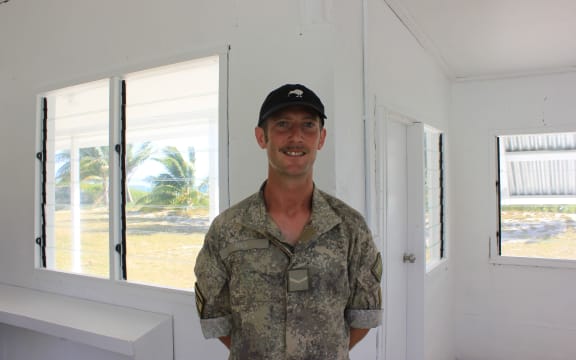
New Zealand soldier Lance Corporal Aaron Hill standing in a preschool refurbished as part of Exercise Tropic Twilight. Photo: RNZI / Mary Baines
Senior National Officer for the New Zealand contingent Captain Andy Blackburn said it was a huge success.
"The ability to conduct joint operations across governments, across government departments, working with American, Chinese and British forces. We have made it all work, we've achieved all our tasks and we can leave here knowing we have left product that is useful and added value to the island."
New Zealand's High Commissioner to the Cook Islands Nick Hurley said the exercise had enforced very important partnerships, and saw China participate for the first time.
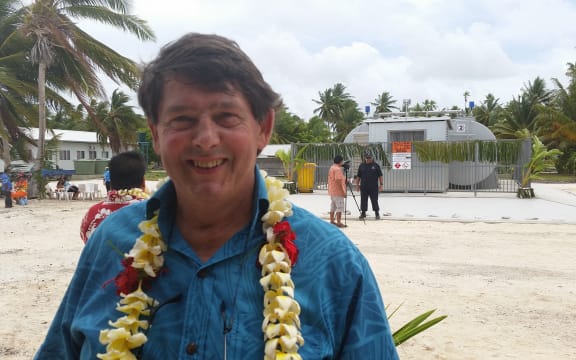
New Zealand's High Commissioner to the Cook Islands, Nick Hurley Photo: RNZI / Mary Baines
"It's very significant as a genuine partnership issue. I mean within the New Zealand side, for the first time you have Chinese involved, but you also have the usual US, Australia and the UK involved, and they are used to working with each other. But getting that interoperability, getting used to each other has been one of the key learnings from this and it's been really great having that opportunity."
The exercise was a joint partnership between the government of the Cook Islands and the New Zealand Ministry of Foreign Affairs and Trade, and was engineered by GHD.
The exercise, funded by the New Zealand government, cost about US$650,000.
